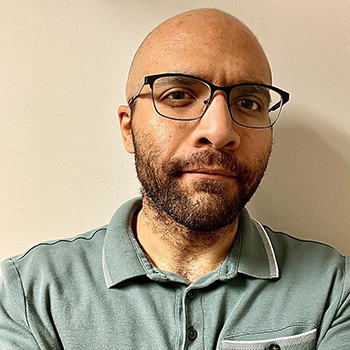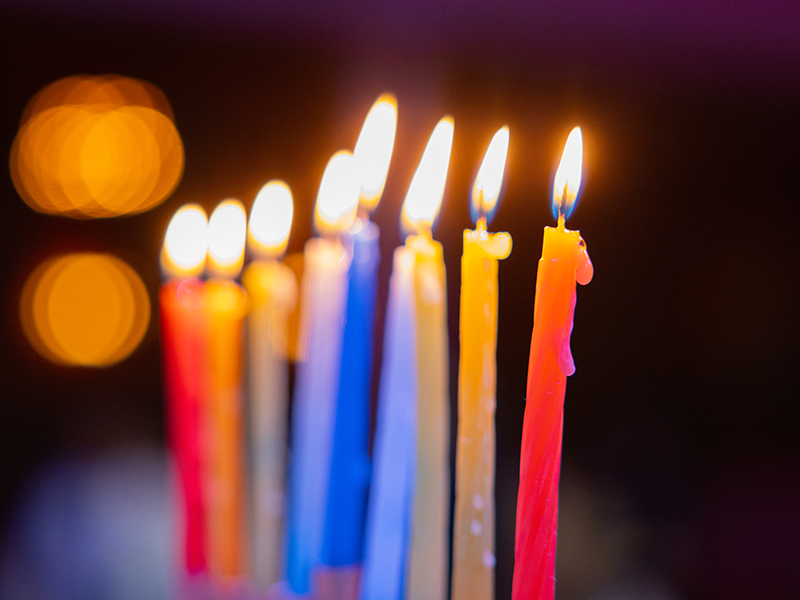
When I was a kid, one of my favorite stories from the Bible was Noah’s Ark. In it, I learned that God had to flood the world because everyone on earth was evil, except for Noah – the most righteous man alive.
I learned about God tasking Noah to build a giant boat and gather two of every animal to survive the flood, after which God promised never to do it again and created a rainbow as a symbol of that promise. I loved drawing pictures of Noah’s ark and the animals and the rainbow.
My connection to the story was admittedly very shallow, as it was for most other children. What I never expected was how much, as an adult, I would come to identify with Noah – including ways I wish I didn’t.
Despite what some of us were taught about Noah being an emblem of righteousness, in reality, Noah was just “good enough.” The biblical commentator Rashi even described Noah as tzedek b’dorotov, meaning he was righteous in his (wicked) generation, compared to everybody else. Essentially, he accomplished the bare minimum of being a good person to not drown in a flood; Noah was, some may say, the best of the worst.
This view of Noah is similar to the way many of us see ourselves. I’m willing to bet that most people reading this suffer from some form of self-esteem or self-criticism, especially impostor syndrome. Our circles are populated with people who seemingly do more than we can ever imagine ourselves capable of doing; our social media feeds deliver us newly evolving ideas of what a truly enlightened, progressive person should be, conveying that anything less is unacceptable.
On our best days, then, many of us may only see ourselves the way rabbinic commentaries see Noah: as just barely “good enough.”
And yet, maybe being “good enough” really is good enough.
When it comes to characters from the Torah we most want to emulate, a few particularly righteous people come to mind: Abraham, Moses, Ruth, David, Esther. These are heroes who we laud and base entire social justice movements (and even holidays) around.
Like Abraham, we want our “tents” to be the most open and welcoming tents imaginable. We want to rescue and advocate for others with the same tenacity as Esther. We want to free captives and part seas of oppression like Moses. And when we fall short – when things take longer than we expected or when we misstep or work with outdated information – we often take blows to our spirit, and our sense of worthiness diminishes.
When we can’t be Moses or Esther or whomever we want to be like, it’s OK – it’s necessary, even – to be Noah. Being “good enough” may not have the same glamor as leading an entire people to the Promised Land, but do you know what being “good enough” accomplished? In Noah’s case, it meant being trusted by the Holy Blessed One to literally start the entire world from scratch.
Being good enough means that, like Noah, we are capable of shifting our communities to places of diversity, equity, and inclusion. Being good enough means accepting and loving ourselves for not being emblems of perfect righteousness. Being good enough means listening to that voice inside of us, trusting it, and using it to build our own arks to shelter those in need from the storms of chaos; of taking ruins and turning them into safe havens.
We are compelled to always do our best, but our best is probably not going to be the best. It will, however, be good enough.
Learn more about Parashat Noach, the Torah portion that tells the story of Noah and the ark, and read additional commentaries and interpretations from clergy and other scholars.
Related Posts




